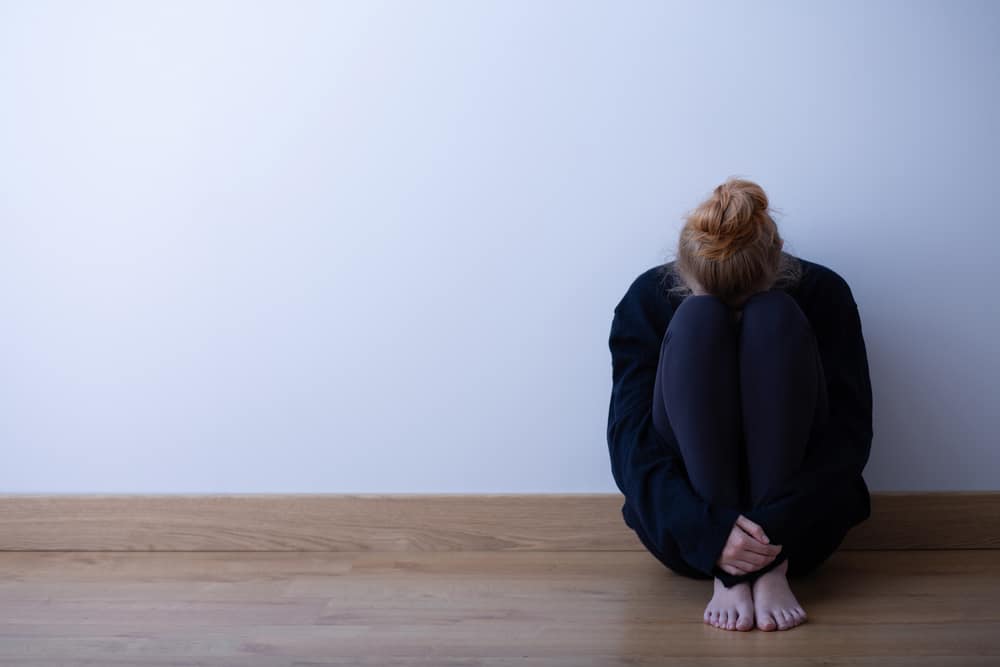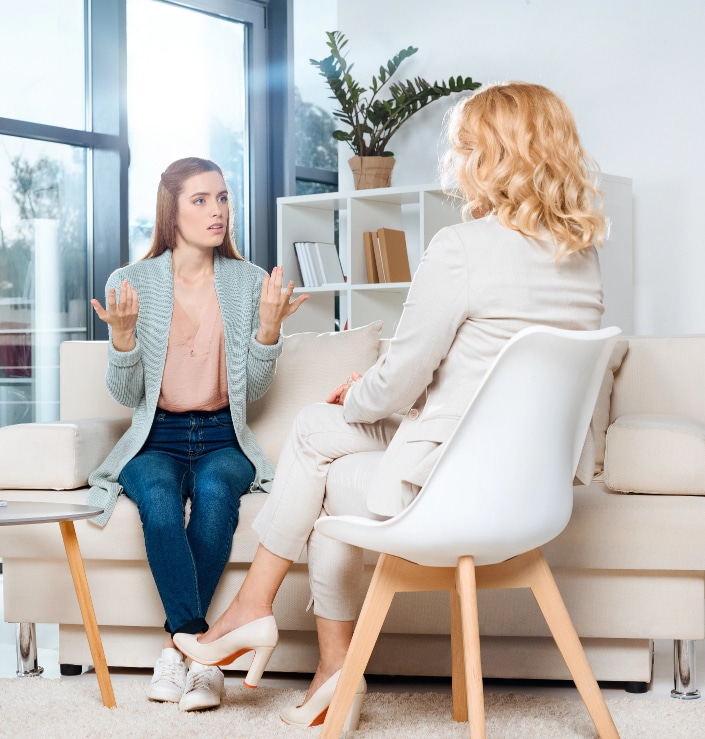
As mental health becomes less stigmatized, more information comes to light about how mental illness affects different people. Seasonal Affective Disorder is a subcategory of depression that occurs most often in the winter months. SAD can also occur in the transition to the winter season as well.
Ogden Psychological Services wants to help improve the mental health of Utah residents by helping them understand symptoms, learn about different diagnoses, and learn how to cope with mental illness. Seasonal Affective Disorder can be debilitating, but there are some ways to cope with these depressive hormones.
What Is SAD?
Seasonal Affective Disorder also known as SAD, is caused by changes in hormones during colder, darker, and shorter days. This can affect our mood, activity, energy, and anxiety. Those who experience SAD often feel symptoms the most when the days get shorter and they receive less Vitamin D.
Women are more likely to experience seasonal depression, especially if they are between the ages of 18 to 30. Those with a family history of depression or seasonal depression are also more prone to experience it themselves.
Symptoms of SAD
Each person with Seasonal Affective Disorder can experience different symptoms at different lengths. Depression episodes can last for varying amounts of time and can change depending on the year and other factors.
Some common symptoms of SAD are:
- Feeling lethargic
- Sleeping more
- Loss of interest in activities
- Feeling guilty
- More prone to colds
- Excessive agitation
- Decreased sex drive
- Trouble thinking clearly
- Weight gain
Ways To Cope With Seasonal Affective Disorder
Try Light Therapy

A major cause of Seasonal Affective Disorder is the lack of light and Vitamin D. Light therapy can help get you the vitamins you need without the need for the sun. Phototherapy or light therapy can be done by sitting by a light box for around 30 minutes a day or adding different wavelength light bulbs to your home. Before you start light therapy, talk to your doctor or therapist about what box is right for you.
Prioritize Physical Activity
One of the best ways to make your physical and mental health better is to get enough exercise. Physical activity can help give you more energy and release endorphins that can help improve your mood. Regular and consistent exercise will help you feel more productive.
Connect With Family Or Friends
Another great way to improve your mental state is to find support. Going out and being social will feel really difficult for those with depression but it can help boost your mood and limit intrusive thoughts.
Confiding in someone of talking about your emotions can also help let out damaging emotions. While your friends are not a therapist, they can help you feel more seen and understood.
Spend Time Outside When Possible
Living in colder climates can make it difficult to get time outside during the winter, but finding sunny days or taking a vacation can help improve your Seasonal Affective Disorder. Outdoor activities can also give you more enjoyment in life and combine physical exercise altogether. Find a sport, activity, or another hobby that can make you feel like life is worth living. This may take some research and problem-solving, but it will help improve your depressive feelings.

Eat More Vitamins And Minerals
Getting vitamins and minerals is important to keep your body healthy. Eating healthy can give you the nutrients that your body needs to function. Eating a balanced diet may not immediately come to mind when it comes to ways to improve your mental health, but each element of our bodies works together. Cooking healthy food, preparing food for your family, or just eating new foods can improve your mood. Healthy food can help in multiple areas of your Seasonal Affective Disorder.
Seek Therapy With Ogden Psychological Services
Ogden Psychological Services wants to help you safely navigate mental health issues with therapy, medication, and lifestyle changes. Our counselors and therapists work with a variety of people with a variety of issues and help them to develop better coping skills.
We strive to put you at ease while in our office and help keep you secure. Working with our team gives you coping skills and the hard choices of therapy, without causing you harm. Contact us to see what therapy could work for you.
